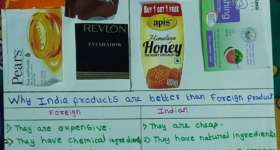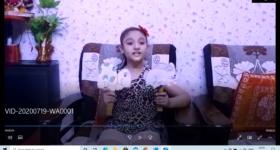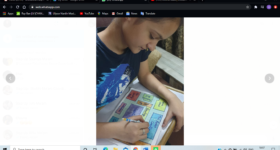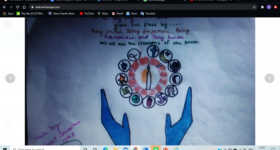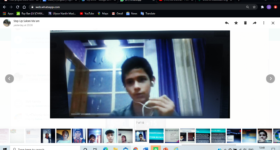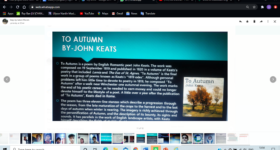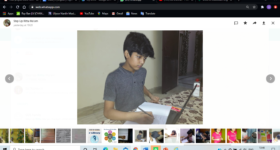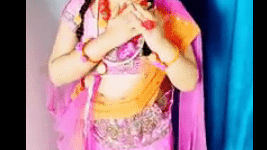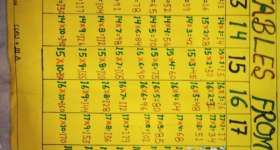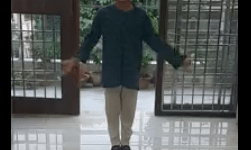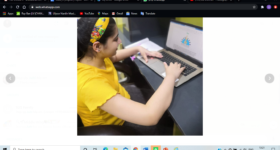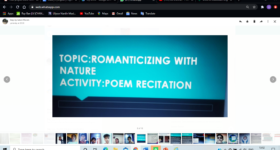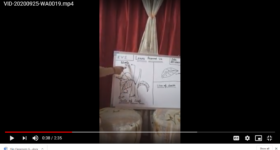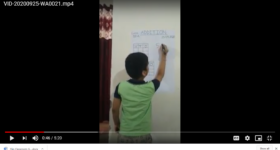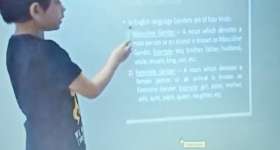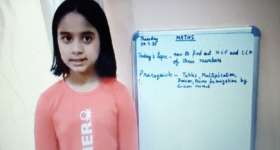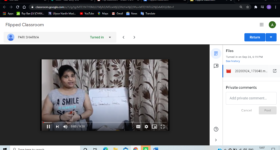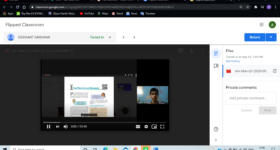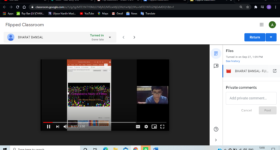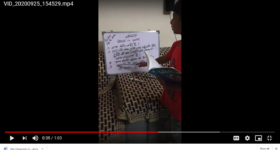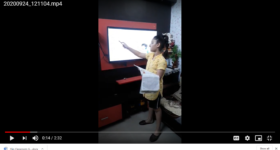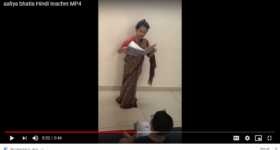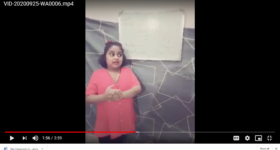Competency Based Education (CBE)
It is a unique learning process whereby students “learn by doing” and by demonstrating on the experience. It is a method that includes personal goals, interests, learning styles, project ideas, deadlines, etc
The new age education system realises the effective nature of experiential learning, integrating it into their curriculum to optimize the method of imparting knowledge.
Our teachers at Step Up School act as a facilitator & help stepians find accurate and relevant information, connect with community experts, gather materials, and recognize learning opportunities. We help students create and manage personal learning plans.
We support these seven principles of learning that takes us to the real world & helps our kids understand those elements that can either be rectified or improved by taking a different approach to the same process with this new found knowledge.
- Moving from theory to application
- Focus on relevant content
- Excludes excessive judgement
- Fosters professional development & actionable feedback
- Throws light on the real-world perspective
- Nurtures out of the box thinking
- Students are introduced to areas outside their comfort zones
Project based learning (PBL) is a non traditional education model that seeks to better prepare students for solving real-world problems and issues while teaching them what they need to know to succeed in school right now. It provides an opportunity to students to develop knowledge and skills through engaging projects set around challenges and problems they may face in the real world.
Project-based learning, or PBL, is more than just projects. At Step Up School, we use 21st-century skills such as critical thinking, communication, collaboration, and creativity. Stepians are required to present their problems, research process, methods, and results. We believe that PBL improves student attitudes toward education, cultivates the curiosity of students & keep them engaged.
We have adopted PBL as a way to increase engagement among students by giving them time to explore a project of their own choosing while connecting components of the project to scholastic skills connected to research, critical thinking, reading, writing, and presentations.
In the current scenario teaching students through guided inquiry in a PBL activity is an engaging way to make virtual learning meaningful. The curriculum of Project based learning structures around discrete projects, presenting students with multi-step problems to solve or asking them complex questions they are then required to answer. Its affect on students’ interpersonal skills is an added benefit as we group students together which in turn fosters communication skills. The following activities were conducted for Grade I-VIII-
| S.NO. | SUBJECT | TOPICS |
| 1
|
ENGLISH
|
Story telling with puppets |
| Be a story maker | ||
| Presentation on My Favourite cartoon character | ||
| Language- The Mirror of the world | ||
| 2. | HINDI
|
बूझो तो जानो– पहेली |
| आशु भाषण | ||
| चरित्र चित्रण | ||
| कविता वाचन | ||
| अनुच्छेदलेखन | ||
| हिंदी हमारी शान हैं, देश का अभिमान हैं। | ||
| प्रार्थना | ||
| प्रश्नोत्तरी | ||
| 3.
|
MATHEMATICS | Coin Tracing |
| Shape Hunt | ||
| Place value puzzle | ||
| Taming The tables | ||
| Frequency Distribution Table, Pie chart | ||
| Area & Perimeter | ||
| Puzzle on Internal organs | ||
| Fire Free cooking: | ||
| Collage on Indian v/s foreign products: | ||
| Let’s Analyze, Become an analyzer | ||
| Taming the Table | ||
| Abacus | ||
| Rolling and Sliding- | ||
| Shapes collage– | ||
| 4. | EVS/S.St | Little Master Chef |
| Animal House- | ||
| Brief study of Heritage of India | ||
| Industry- Power bank of Indian Economy | ||
| Best Out of Waste | ||
| Digital Marketing In India | ||
| Gratitude towards mother nature | ||
| 5. | SCIENCE | Respiration in human beings |
| Combustion | ||
| Evaporation & Condensation |
Art integration is a unique approach to education where lessons are taught and evaluated through naturally-aligned art concepts. All students are given equal opportunity to construct and demonstrate understanding through various art forms that align themselves to the given task or objectives. The integration of art does not change valuable lessons but it improves them by offering a different perspective from which to view and grasp key concepts. Art integration has shown to have a positive effect on test scores & has also made a dramatic difference in student attendance where it has been implemented.
It enables student to derive meaning and understanding, directly from learning experience. This kind of integration not only makes teaching and learning joyful but also has a positive impact on the development of certain life skills like communication skills, creativity etc.
At step up school we believe that teaching should aim at enhancing children’s natural desire and strategies to learn. Art education is an integral part of our curriculum as a co scholastic area. Through the arts curriculum, students are introduced to the rich and varied artistic traditions of our country.
It is used to promote experiential learning for connecting knowledge to life outside school & enriching the curriculum.
Flipped classroom is a pedagogical approach where learning is flipped. Here students are required to carry out some preliminary research before coming to the lesson, & then using the class time to answer questions and build on the knowledge acquired from their self-directed learning with peers & teachers.
In Step Up School, we practice such type of methodology where direct instruction moves from the group learning space to the individual learning space. In-class time is dedicated to discussions, interactive exercises, and independent work that would have previously been completed at home — all under the guidance of the teacher, who is present and available to respond to any questions that may arise.
Flipped classrooms also redefine in-class activities. A teacher’s interaction with students in a flipped classroom can be more personalized and less didactic, and students are actively involved in knowledge acquisition and construction as they participate in and evaluate their learning. In traditional schools, each topic in class receives a fixed amount of time for all students.

